Teruji Thomas (Oxford): “The Veil of Ignorance Revisited”
The rough idea of what I call “the veil of ignorance principle” is to identify the moral or “social” point of view with the point of view of a self-interested individual who is uncertain of his or her own identity. In conjunction with expected utility theory (EUT), such a principle was suggested by Harsanyi and others as validating an additive “utilitarian” aggregation rule; more generally, it suggests a systematic correspondence between norms of individual rationality and those of social choice. But it has generally been obscure how to properly formulate this principle, and whether it has any plausible justification.
In this talk, I show how three normatively natural axioms are jointly equivalent to a precise evaluative version of the veil of ignorance principle. I will also explore the resulting correspondence between individual and social evaluation, focusing on two issues. First, it is puzzling that an argument for “utilitarianism” should rely on EUT, since none of the latter’s axioms seems central to the utilitarian project. We show that one can go almost all the way using (ex ante) Pareto and (ex post) impartiality instead. Second, I will discuss how basic issues of population ethics correspond, behind the veil, to what I call the “risky existential question”: how should one evaluate an individual’s prospects when there is only a chance that he or she will exist? Some initially plausible answers to this question generate untenable views in population ethics; perhaps the most plausible package overall validates a general form of total utilitarianism.
This talk is based on the paper “Utilitarianism with and without expected utility”, with David McCarthy and Kalle Mikkola.
Teruji Thomas is a research fellow in philosophy at the University of Oxford.




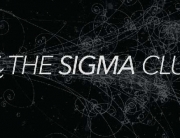











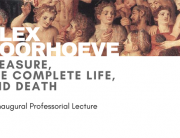
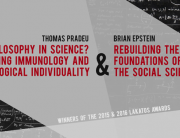
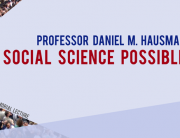
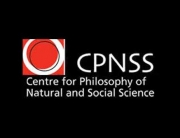



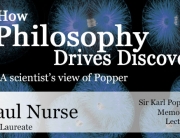
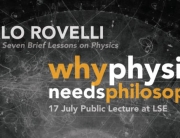

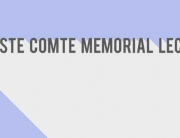
Connect with us
Facebook
Twitter
Youtube
Flickr